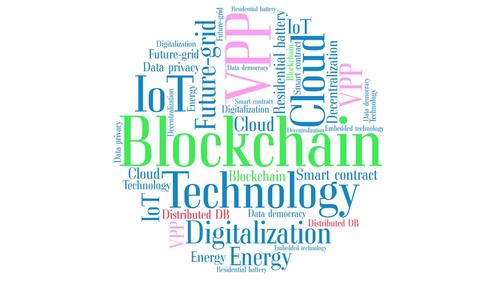Announcing a new service that unlocks government funding to buy new efficient trucks.
We can now help mid-to-large trucking companies access government incentives to invest in more efficient transport vehicles by reducing finance costs and paying cash from carbon credits.
Unique Opportunity
With no up-front costs, we can qualify fleet renewals for:
– a 0.7% finance rate discount monthly
– cash payments from carbon credits annually
Funded by the Clean Energy Finance Corporation, the finance discount lowers lease payments for the life of the lease and comes off your market interest rate.
The more fuel efficient your new vehicles are compared to those they replace, the greater the carbon credit cash bonus becomes, paid from an established Emissions Reduction Fund project annually for up to seven years.
Easy, Low Risk & No Fees
It’s an easy, low risk process with no up-front or ongoing charges that gives truck buyers extra cash on top of the fuel savings and other benefits that new trucks provide.
And it shows customers you are achieving real, measurable, government-backed environmental improvements as an innovator in your industry.
Why leave money on the table?
Don’t miss out! Contact me today to see how much funding is available for your new truck purchases in 2017 and beyond.
